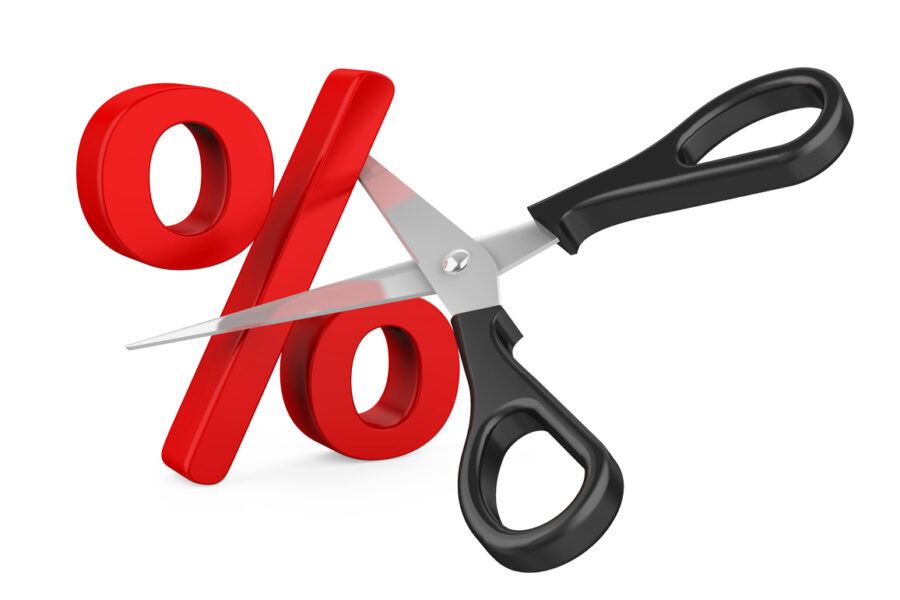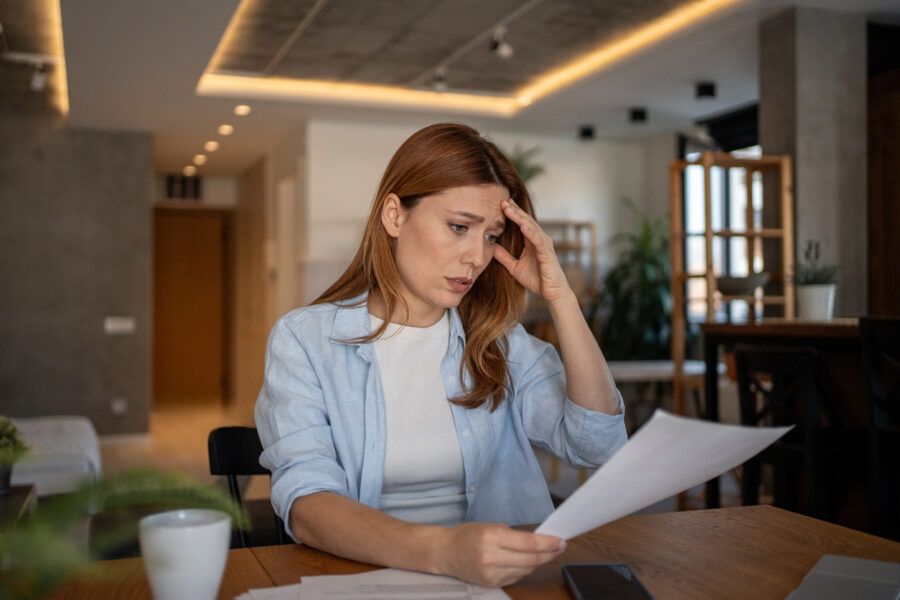Leasing equipment for your business can be a great way to get up and running or facilitate growth if you’re further down the line. Large purchases can often be difficult to pay for outright, something that can hinder a business’ ability to operate successfully.
Thankfully there are several options available to business owners when looking to invest in new equipment.
One of the most popular asset finance solutions is leasing. Leasing is an agreement that allows the lessee to hire or rent fixed assets from another party. A contract is then put in place that determines cost as well as a payment schedule.
Tax benefits of leasing equipment for your business
The amount of tax relief available when acquiring new fixed business assets depends on whether you buy them outright or lease them. VAT payments are also affected by this as you may be required to pay the full amount upfront or be charged periodically.
Crucially, the total cost of finance lease rental payments are tax-deductible as a business expense against your profits. This means they qualify for tax relief for the duration of the lease agreement and help to reduce your business’ overall tax bill.
If you have a contract that means you will own the asset at the end of the lease or hire purchase period, this is known as ‘supply of goods’ when it comes to calculating VAT. You will need to pay VAT on the total value of the assets at the start of the contract.
you will need to account for VAT in your selling price. If you are VAT registered then you will be able to claim back any VAT paid when doing so.
If, on the other hand, you will not be the owner of the assets at the end of your lease, you will be required to pay VAT periodically. This is known as ‘supply of services’.
Embedded capital allowances
If you’re looking to acquire plant, machinery or IT equipment then your purchases may be eligible for further tax reductions.
Known as ‘capital allowances’, a proportion of costs associated with these areas can be deducted from your taxable profits each year.
There are several ways in which purchases can qualify:
- They are bought outright
- They are bought through a hire purchase agreement
- They are supplied under a long-term lease agreement
Unfortunately, shorter-term leases do not qualify if you are the lessee. However, they can be claimed by the lender meaning lower premiums should be charged with the savings being passed on. As these purchases qualify as trading expenses, you will be able to deduct full rental costs from taxable income.
Speak to our team of business finance experts today for full details on how your business can benefit from our financial services.
Talk to us
If you are looking to find the right finance for your business, contact us today.
Discover the right business products all in one place.
Tell us about your business.



